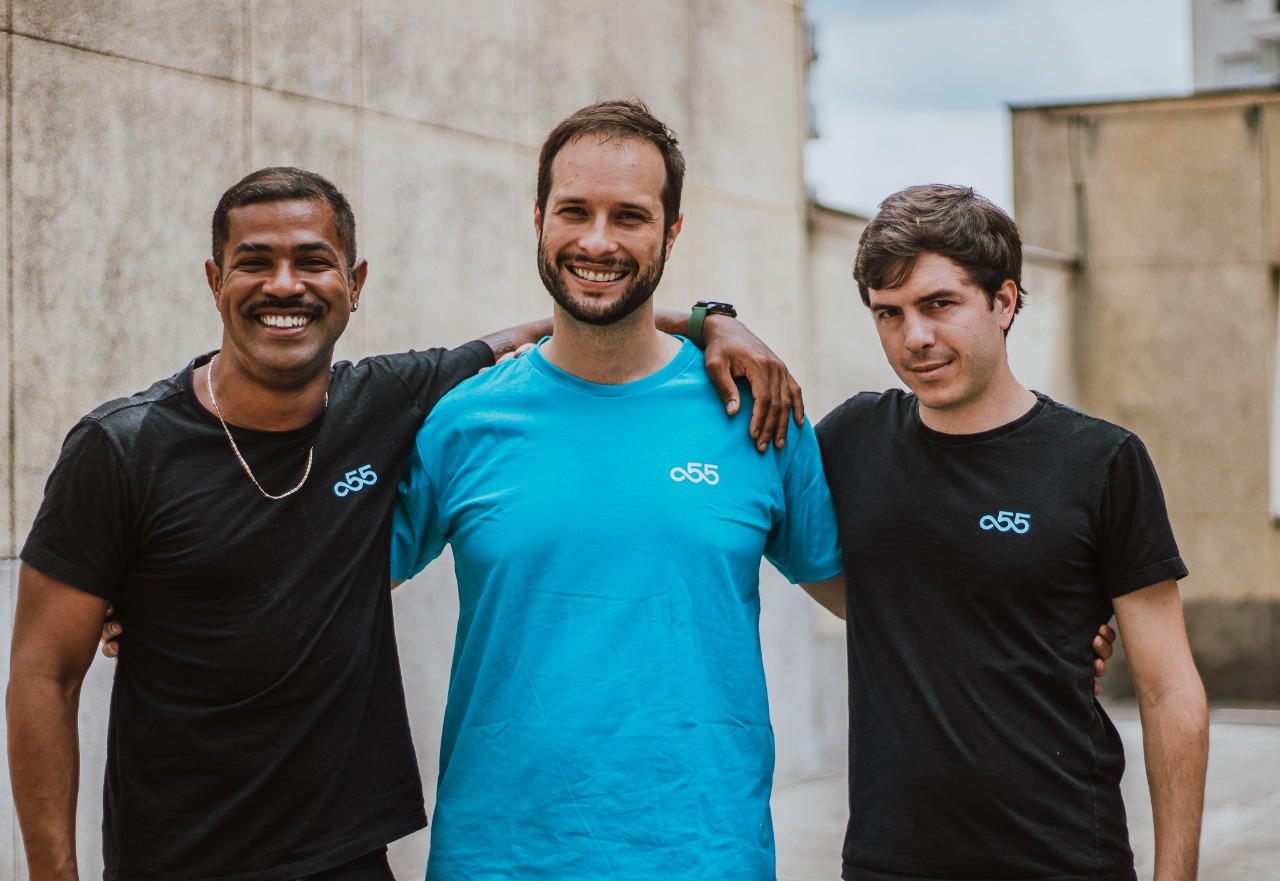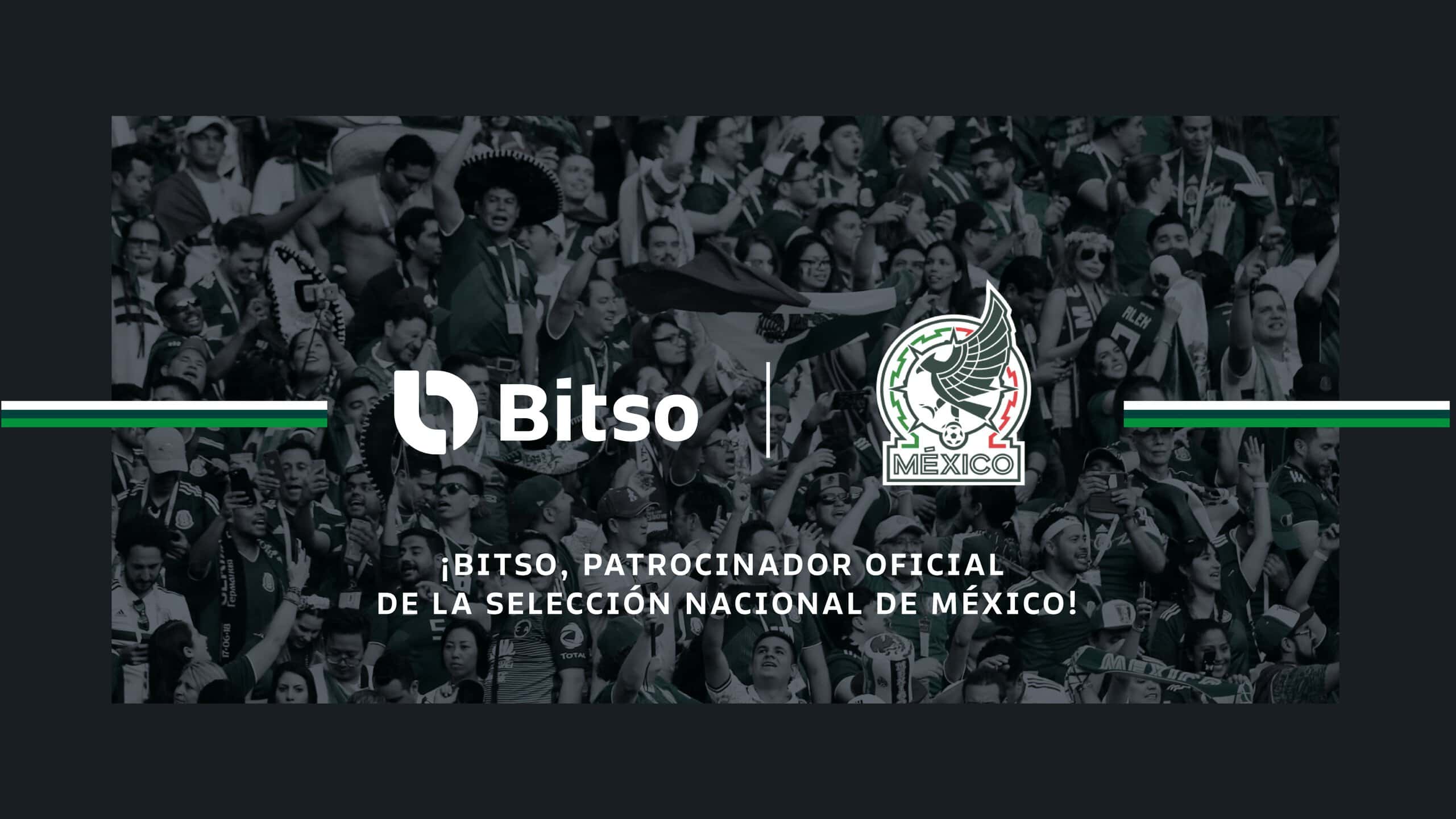*By Carlos Naupari
Back in 2014, I took a job at Easy Taxi in Mexico as Country Manager with no equity whatsoever. At the time, it was the norm, no one even blinked. The “get rich through equity” play was an urban legend that only happened to folks in Silicon Valley.
Fast forward almost a decade and we have welcomed a different reality in which offering zero equity is almost laughable. It seems that enough founders in Latam have read Ben Horowitz’s The Hard Thing About Hard Things to understand that the main ingredient to building a successful company is exceptional people.
Just like in the Bay Area, those people are motivated by great cultures and through option pools with exponential upside in the future.
The Nubank Phenomenon
The Nubank initial public offering is a crowning moment for employee equity in Latam. People who bet their careers on David Velez’s ambitious goals and received equity grants through multiple years have created unprecedented wealth for themselves.
We now have evidence that the startup stock options for those who leave stable jobs in glass tower offices for shared desks in Pinheiros or Condesa can become real money.
In the early innings of the current Latam tech wave, most investors were skeptical that any of the startups with playful logos and bold aspirations would ever amount to much. The Nubank IPO has sent ripples through an industry ruled by those who now want in on the hottest asset class: Late Stage VC. Capital is abundant in private markets and Latam companies with extraordinary teams tackling big problems have no trouble finding subsequent rounds of funding from global investors.
Allocation in well-backed ventures has become tougher than securing a reservation at Pujol’s Omakase Taco Bar in CDMX. Current market conditions allow founders to keep their companies private for longer and defy the established 10–year life cycles of VC funds. Gone are the days of rushing to an IPO for liquidity.
However, companies that stay private for longer will be damaging their early employees by making them wait until payday. Recruiting talent with the promise of wealth in case of an IPO is ideal, but… is it fair in today’s market?
Startups taking money from private investors for longer effectively delays liquidity for early employees to fulfill changing needs such as buying a first home, putting kids through school, or more importantly for a nascent ecosystem: creating a new company.
Enabling more risk takers
World-changing tech companies can start anywhere — but Silicon Valley’s sophisticated model of cross-pollination across its ecosystem is second to none. Tesla and SpaceX might not exist today without a gambling Elon Musk flush with cash from the PayPal IPO, which happened four years after it was founded. Meta (née Facebook) would certainly be different without Sheryl Sandberg’s prior learnings at Google when it was still a private company.
In the US, thousands of employees across hundreds of startups have benefited financially by tapping into secondary markets for liquidity before making bold career moves. Many have been inspired to become founders or angel investors themselves, creating a virtuous cycle of innovation and startup activity. Emerging tech ecosystems such as LatAm must adapt and apply best practices from Silicon Valley to enable the success of future entrepreneurs.
As companies remain private for longer, recurring liquidity events in lieu of delayed IPOs are necessary. Secondary markets that are aligned with the interests of startups and their talent pools are pivotal for the Latam ecosystem to evolve.
Different paths to real liquidity will make it more appealing for talented professionals to take a gamble on startups and continue solving the biggest problems far from the Golden Gate bridge but closer to the reality of our region.
*Carlos Naupari is Co-Founder @ VELVT – a liquidity platform that connects holders to investors of technology ventures in emerging markets.
You may also be interested: How To Grant Stock Option Plans: A Quick Guide







